Trending
Opinion: How will Project 2025 impact game developers?
The Heritage Foundation's manifesto for the possible next administration could do great harm to many, including large portions of the game development community.

Featured Blog | This community-written post highlights the best of what the game industry has to offer. Read more like it on the Game Developer Blogs or learn how to Submit Your Own Blog Post
Let's take a look into how paying big social media platform companies to promote your game could (or might not!) pay off - and other notable game discovery news.

[The GameDiscoverCo game discovery newsletter is written by ‘how people find your game’ expert & GameDiscoverCo founder Simon Carless, and is a regular look at how people discover and buy video games in the 2020s.]
Welcome back to the GameDiscoverCo newsletter, in which we’re delighted to talk about all kinds of things related to video game platforms and discovery. We do this two times per week (three if you’re a GameDiscoverCo Plus subscriber, which you totally should be!) every week, all year.
Let’s start off this week’s first free newsletter with a look into how paying big social media platform companies to promote your game could (or might not!) pay off…
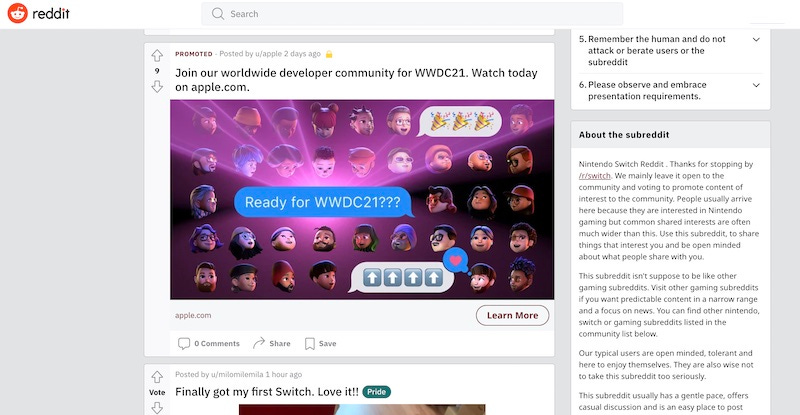
Listen, I admit that I have a bit of a weird relationship with paid marketing. For 15 years, I worked at a long-established event (Game Developers Conference) which was well-known enough - and had large enough reach - that it didn’t precisely need a mass of paid marketing boosts.
In addition, the quantifiability of paid marketing for PC/console games - and you know I’m big on quantifiability - can be tricky. Even Steam’s recent UTM tracking change doesn’t seem to have led to quantum leaps in attribution, rather ‘general indicativeness’ on sources.
(This is partly because 90% of people who are clicking through on UTM links aren’t logged in, hampering tracking. And it’s particularly rare for people to be logged in to Steam on mobile devices, though you can specify ‘desktop only’ on most paid ad spends. Please ping us if you’ve got any material UTM tracking results to share, though!)
Anyhow, this doesn’t mean you shouldn’t try paid ads. Launch spend for visibility or profile purposes doesn’t seem intrinsically bad, I’ve worked with many companies who use it, and I’m sure you get a percentage of your spend back. (I don’t believe that sustained ad spend often causes virality, though. That’s chiefly the game hook/concept and word of mouth.)
But I’ve been looking for an angle to cover this from, in the spirit of ‘best practices for any sized studio’. And Tim Bender, head of strategy/sim/RPG publisher Hooded Horse (Terra Invicta, Alliance Of The Sacred Suns) was kind enough to help me with some client questions recently, and I’ve adapted it for the newsletter. It’s not ‘how to guarantee ROI’, but it definitely is ‘here’s how to optimize your ads’ - a great subject!
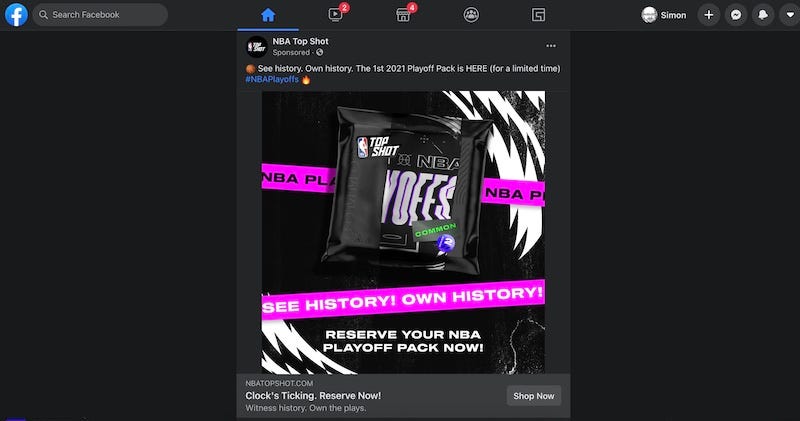
So we’ll leave Twitter and YouTube for another time. These are both also important and interesting platforms to run paid ads on, but also have a lot of nuance. And this advice is all based on Hooded Horse doing paid social media marketing for its range of upcoming Steam games. Take it away, Tim:
“First, let’s talk about targeting. Reddit and Facebook (plus Instagram ads can be run through Facebook) are sort of polar opposites in how targeting works:
Reddit targeting is highly accurate. You define a subReddit, and the ads will show to people who recently visited those subReddits (regardless of where they currently are on Reddit, to occasional hilarious results.) That means if you pick the right subReddits, you are pretty much guaranteed you are getting the right audience
Facebook, on the other hand, has much less accurate defined targeting. You can specify to target people who, say, "like" a game. But the list of games there is very short. And liking a game might mean that 3 years ago, they liked some random post related to it.
Facebook has broad categories, but they aren't reliable for the kind of games Hooded Horse publishes. Facebook would think a range of specific mobile games are 'strategy games' or 'city builders', and these picks don't have anything in common with - say - Civilization or the Anno series. That's not a complaint, more a reflection of their focus on mobile games.
So you could try to target Facebook narrowly, and say only target people who 'liked' games like yours.. But it isn't reliable about their interest, and it is extremely underinclusive. Most people on Facebook who might like your game may never have interacted with a post related to that short list of similar games Facebook allows targeting based on.
On the positive side, Facebook is very advanced in finding your target customers in an automated way, once you define a broad group. That is - over time, it will effectively learn what part of the audience you defined is actually a good audience
You can do a kind of targeting on Facebook that other places don't allow - that is, you can target everyone who a) likes a certain topic and b) likes a list of games. That's why many people use Facebook for advertising their Kickstarter. You can set Kickstarter as a condition, and target the cross section of Kickstarter with a list of other things. Kickstarter backer results are also highly trackable.
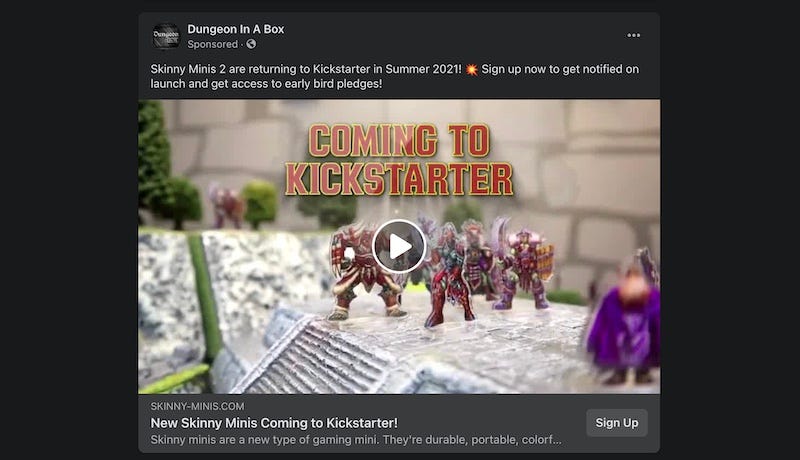
So, here’s some possibilities for targeting on Facebook:
One option is to use that cross section type targeting, and try to really get a good narrow group. The other option, though, is to just define very broadly everyone who likes a topic, or likes a list of games and gaming topics, for example. And then you can let Facebook slowly identify what the right targeting is within there.
An alternative to interest-based targeting on Facebook is to create a “custom audience” (for example, from a list of email addresses) and then have Facebook create a “lookalike audience” of people who are similar to that
If trying that approach, the key would be to build up very slowly. That is, if you eventually want to spend X dollars per day, start at a budget of 20% of X. Let the ad system have a couple of days to try to identify good targeting within that group without wasting much money, then increase it to 25% of X. That sort of slow build can work.
There's always a trade-off between narrowness and cost. If you define narrowly, you know the users are worthwhile, but there are less bargains. If you define wide, you could be wasting money, so you need to go slowly.
Let the system have time to adjust to find the likeliest responders before spending too much - which are also generally the people who are most likely to actually like your product. And keep an eye on the Steam report daily to see whether they are actually converting or not.”
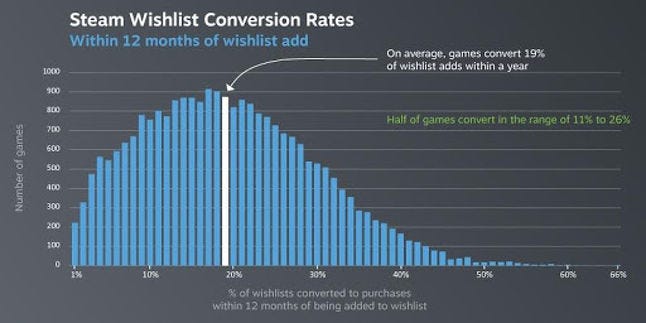
Concluding this section, we’d like to thank Tim for his views on targeting for best return on investment (ROI) on a couple of key platforms. Obviously, the next step is to try to estimate ‘true’ ROI, and here’s where it gets tricky. Some thoughts:
You can probably estimate extra impressions on a Steam page as a result of ads. And if it’s a fallow period and you’re advertising enough, you may also be able to estimate extra wishlists. As for console game tracking, since users will be switching devices to buy most of the time - forget it. (Side note: there are services like Gamesight which try to track for these markets - we hope to talk about them later.)
You can’t really look at how cohorts of pre-release wishlists perform, unfortunately, so a lot of your spend will be based on a guesstimate of how those wishlists convert. And as we know, wishlists can convert radically differently. (I bet, in part, due to how organic or inorganic they are.)
Mobile games using mobile ads and hella ad tracking have this down to a science - or did before IDFA disrupted it on iOS - but at the expense of a lot of user privacy. It works because all the transactions are on the same device with tracking enabled. You’re shooting in the dark without a lot of that.
But Tim has me convinced that with the kind of targeting he’s doing - taking into account higher base prices for games - you can get towards positive ROI for some titles on this type of spending.
So if your game is good/hook-y and $30 USD, you need to acquire a U.S. user who wishlists and buys for $17.25 (57.5% x the Steam purchase price) to break even. This is way easier than a $15 USD game where you only have $8.50 or so to play with. BTW, Kickstarter works so well on Facebook in part because the pledge amounts are often quite large!
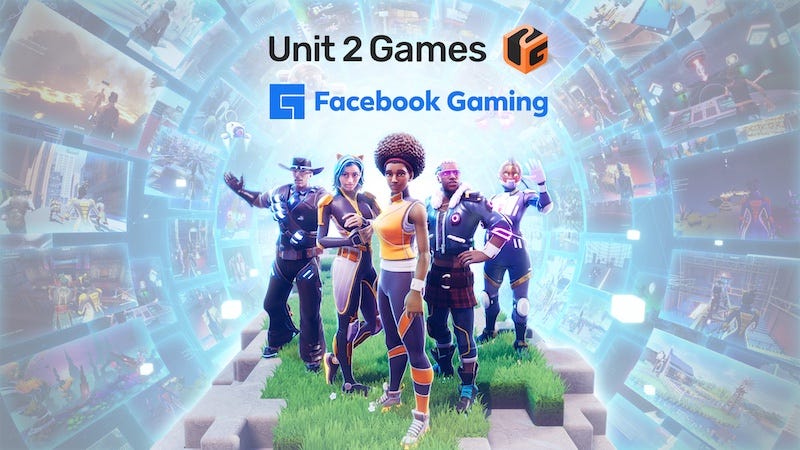
OK, so let’s finish up today’s newsletter with a wander around the world of video game platforms and discovery. Obviously, most of us are waiting for the true power of E3/Summer Game Fest to manifest. (Shout-out to E3’s avatar creator for press, btw.) But in the meantime, there’s plenty of things to concern us:
One of latest week’s Axios Gaming newsletters did an excellent piece on ‘blurring the generational divide’ between PS5 and PS4: “Sony's other announced mega-games, including 2021/2022's "Horizon Forbidden West" and "Gran Turismo 7," are coming to PS4 and PS5. This has confused some fans, in part because Sony PlayStation boss Jim Ryan said last year that "we believe in generations.” Basically: Xbox set out to blur the divide from the start, and Sony is now being forced to blur due to hardware supply issues and miscellaneous other realities?
The folks from the Game Production Discord put up a podcast of their interview with id@Xbox’s Agostino Simonetta, and topics discussed with the European id@Xbox rep range “from being approved to published on Xbox through post-launch best practices, from marketing & sales, to community management & engagement.” Should be useful!
Look, we love these summer virtual game showcases. But we almost did an editorial about how too many people are cramming extraneous titles and non-announcements into them. And Indie Live Expo’s 300 games over nearly 6 hours is the most egregious recent example. NintendoLife - who are complete maniacs - only rounded up the Nintendo Switch games in it, and even that was a Herculean effort. Less games/more focus means more interest, folks!
We made a more detailed comment around this in Friday’s GameDiscoverCo Plus-exclusive newsletter, but we realized that a game’s Steam review/sales ratio can trend way higher in the first 72 hours than its ‘traditional’ 20-60 purchases per review. (Perhaps close to 100 in some cases, before reviews catch up.) Just bear this in mind when looking at just launched games, and estimating sales…
A notable ‘who wants to own the metaverse?’ update. Unit 2 Games, whose Crayta ‘democratizing game creation’ platform - see Roblox, Core, etc - is available on Stadia and Epic Games Store right now, just got snapped up by Facebook Gaming to “empower more people than ever before to make, play and share games, regardless of experience or background.”
Want to see all new game pages/names being added to Steam, maybe because you like to scare yourself? (It’s around 50 per day.) Well, turns out SteamDB has an option to do that if you scroll down its front page. It’s eye-opening to scroll through, as I found out when I discovered ‘SHAKESPEARE? More like THIRSTspeare, amirite?’ in the list. Seriously, look at all those furry x Cthulhu x Shakespeare crossovers, if you dare.
Microlinks: here’s all of the games announced or trailer-ed in Saturday’s first Guerrilla Collective showcase; the Animal Crossing-ish Skittish virtual B2B/B2C events platform is looking cooler and cooler; even if you’ve got expectation management vs. reality problems, they’re not as bad as Dreamworld’s; look out for a Playdate update on Tuesday, June 8th, for those intrigued by the crank-aided handheld!
Finally, I’ve been a big fan of comedian, film-maker and satirist Bo Burnham since seeing him live at Tenacious D’s late, lamented Festival Supreme in L.A. And this song about the Internet from his latest Netflix special perfectly encapsulates the problem we’re trying to help, uhh, ameliorate here.
So: ‘Could I interest you in everything, all of the time?’ Here’s the GameDiscoverCo deal - I read everything, with evil laugh optional - and you get a subset of everything*:
(*also I get first dibs on your soul? thanks.)
[We’re GameDiscoverCo, a new agency based around one simple issue: how do players find, buy and enjoy your premium PC or console game? You can subscribe to GameDiscoverCo Plus to get access to exclusive newsletters, interactive daily rankings of every unreleased Steam game, and lots more besides.]
Read more about:
Featured BlogsYou May Also Like